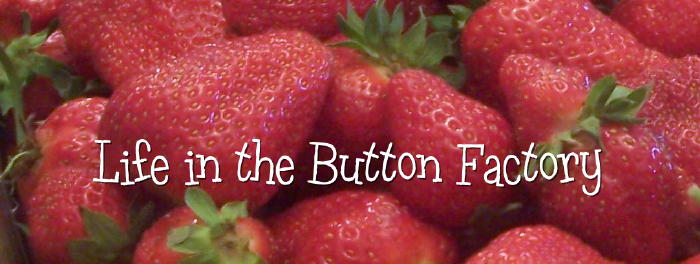Monday, September 08, 2014
Whatcha readin'? Week 36
I know I said last week that I was going to read Anna Quindlen's Black and Blue next, but thanks to a Kindle sale, I picked up A Year of Biblical Womanhood by Rachel Held Evans on a whim. I'm glad I did. The church I attended as a child was having a kerfuffle, so I was already thinking about the religious culture I grew up in. A Year of Biblical Womanhood gave me a convenient framework to examine gender roles and expectations.
Rachel Held Evans took one year to focus on what the Bible says about women and to follow it as literally as possible. One month she took on modesty, another month submission, another month homemaking, etc. Some things--like camping in the front yard during her period a la The Red Tent--seemed gimmicky at first, but to her credit, she writes with warmth and humor, so you sense that she is genuinely trying to follow all the Bible's instructions for women. Yes, I rolled my eyes at some of her tasks, but on reflection, I have to say that I respected her for not dismissing any of what she found in the Bible as being optional or "just how things were done at that time." Since she didn't pick and choose, she earned some credibility with me.
My favorite parts of the book were when she sought out people who were already living certain aspects of Biblical womanhood. She spent time with Amish women, corresponded frequently with an Orthodox Jewish woman and even interviewed a polygamous wife. Ahava, the Jewish woman, was absolutely my favorite. Her insights on the Jewish context of the Old Testament were pure gold. I was shocked to learn from Ahava that Jewish men memorize Proverbs 31 to praise their wives. (As opposed to American women who read Proverbs 31 and feel they can never measure up. What?? Proverbs 31 is about recognizing wisdom in action? I always thought of it as a job description!) "Eschet chayil!" means "Woman of Valor!" and it became the author's battle cry throughout the book when she met with success and as encouragement to herself when the project was wearing her down.
The heavier topics that Evans tackled through this project--such as justice, specifically--really caused me to think. I'm going to be mulling over her conclusions, rereading passages of Scripture and maybe seeking out other commentaries. I think that's the real takeaway from this book--we think we know what the Bible says about women; it's certainly been drilled into me since I was very little. But do we really? Or are we relying on the traditions and interpretations that have been passed down? Are we brave enough to find out for ourselves what God's definition of eschet chayil is, without giving ourselves a pass on the parts that are inconvenient or downright hard? I don't think I'll be picking up a headcovering after reading A Year of Biblical Womanhood, but I will definitely be thinking about and looking for answers to many of the questions it raised.
Subscribe to:
Post Comments (Atom)
.jpg)

No comments:
Post a Comment